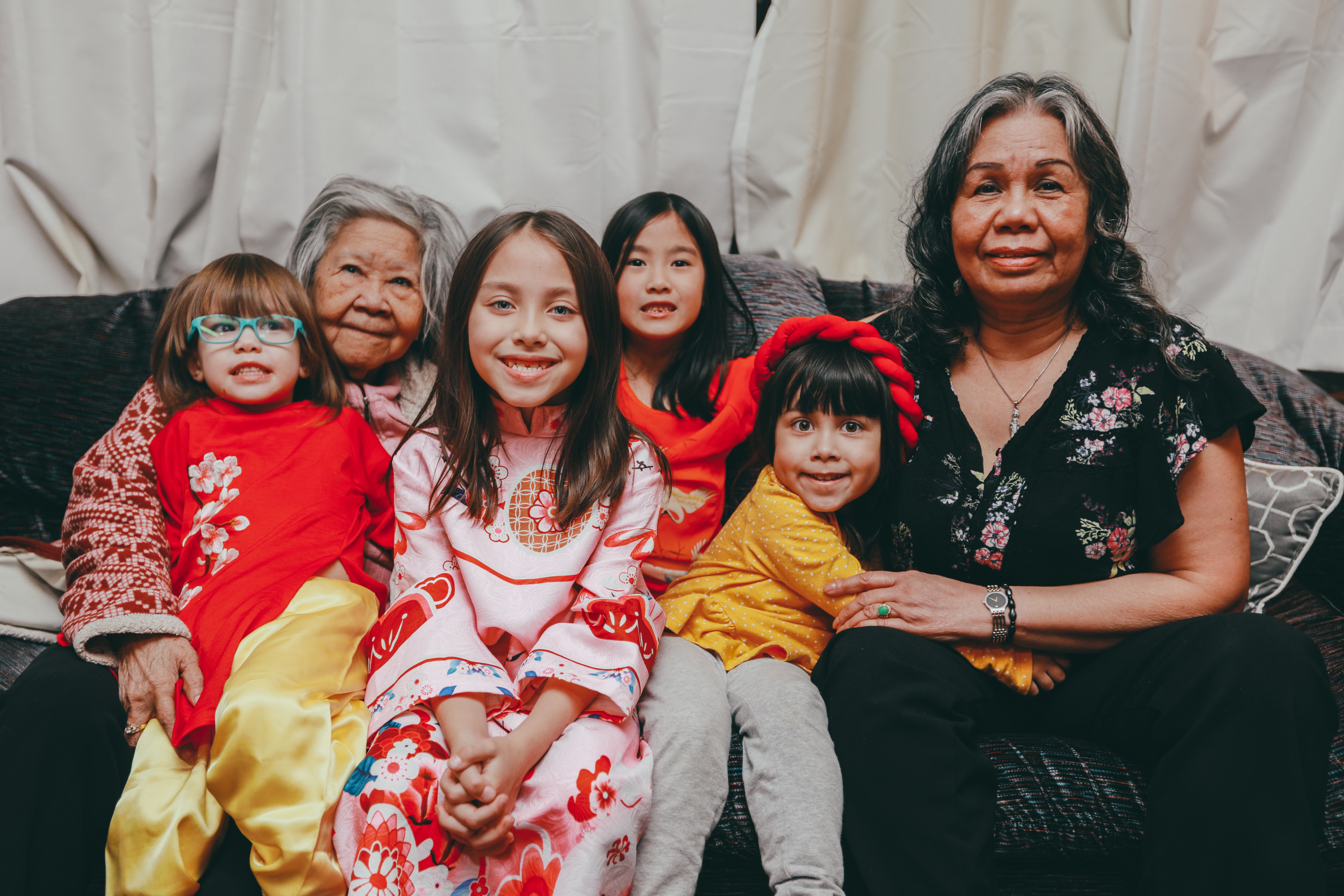Core funding impact story: Stop Abuse in Families Society

The Stop Abuse in Families (SAiF) Society is an organization providing trauma-informed care, education, prevention services, advocacy, and support to those living in Northern Albert who have been impacted by family violence and/or bullying.
Almost 50% of our revenue comes from donations which have fallen dramatically during the pandemic and the recent economic and political challenges. Because so few grants will cover the adequate costs of management (including reporting and financial administration) or insurance (appropriate risk coverage for our work is expensive) or actual market costs for office and utilities, these costs are covered by what we can fundraise, taking away dollars from the enhancement or expansion of successful ongoing programs. Couple that with grants that will often only fund new projects rather than existing, evidence-based programming on an ongoing basis, it means that our fundraising dollars are stretched to the point where we're faced with reducing services.


Too often, organizations deliver programs to meet client need and demand but to the detriment of staff salaries - leading to high burnout rates and resulting in many non-profit staff needing the very same social services that the charitable sector provides. And it's well understood that women, gender diverse people, and people of colour are most vulnerable to chronic, under compensation in the charitable sector. We're perpetuating poverty for those who work to support others in poverty because we can't afford to do all the work with what we're granted.
Government needs to recognize the social contract it engages with when it comes to the charitable sector. We are providing services, supports and programs efficiently, effectively and in more responsive ways than they can or are willing to do. Given that we, the charitable sector, are taking on this work, we ask the government (at all levels) to rethink their approach to granting and consider the real costs of providing these services as part of fair and just contract negotiations.
Consistent core funding would allow us to not only ensure we compensate our staff fairly and equitably, it would also allow us to focus more attention on the needs of our clients, better address gaps in service, ensure existing evidence-based programs with great outcomes aren’t impacted, and be able to extend our services to more rural and remote populations with few or no services to support them. Instead, we restrict our service area more and more to maintain capacity of programming, leaving many populations without any support.
We need to look at equity not only for our clients, but also for the people that provide these services. Core funding would help us get there.
Executive Director
Stop Abuse in Families (SAiF) Society